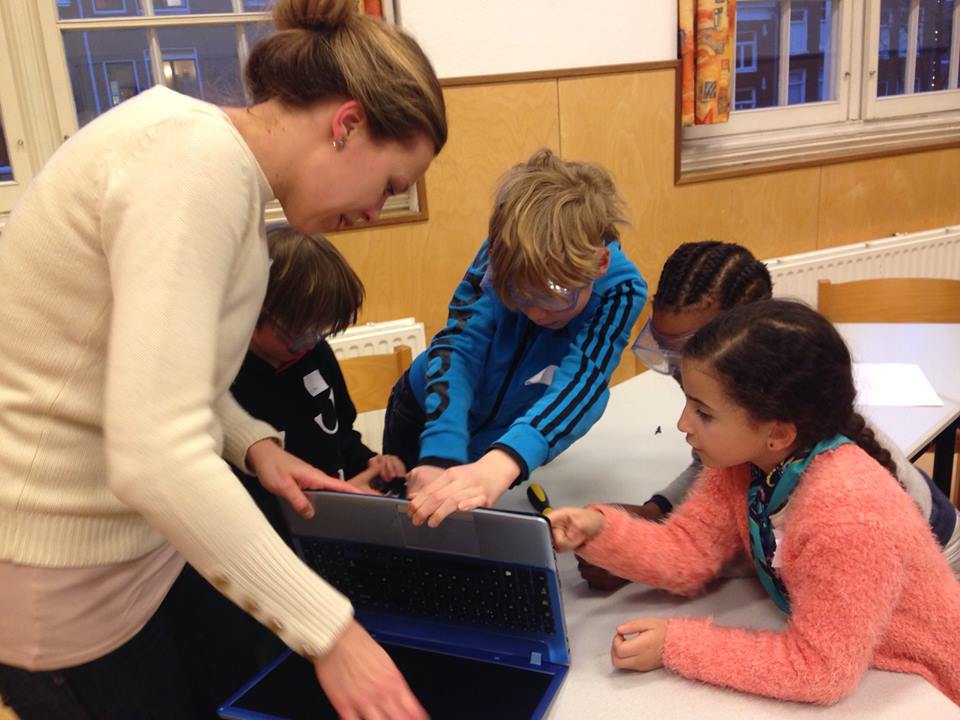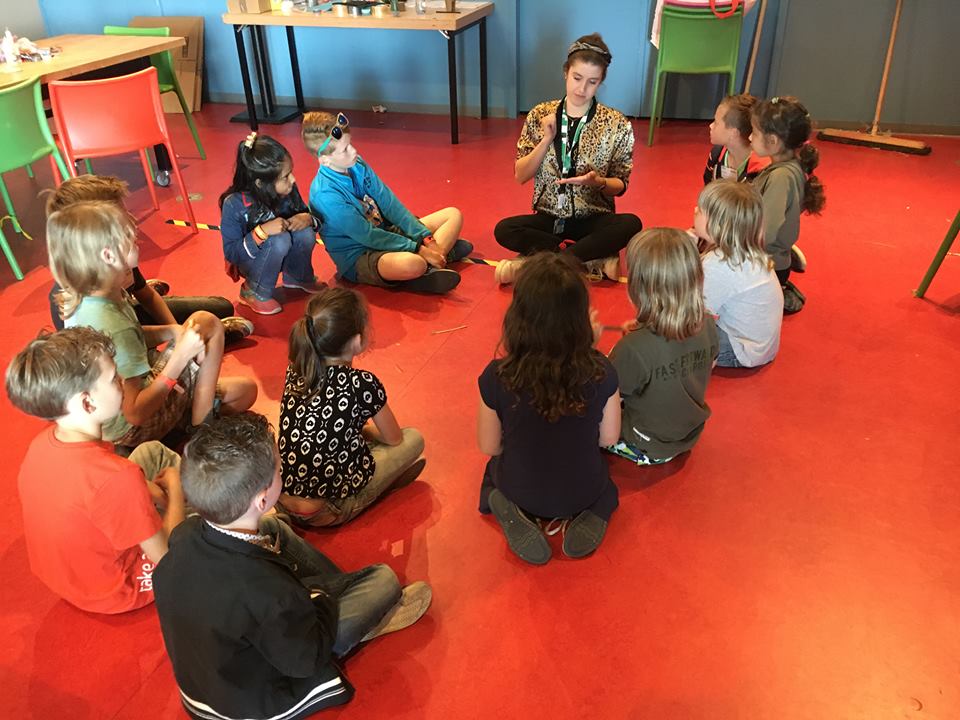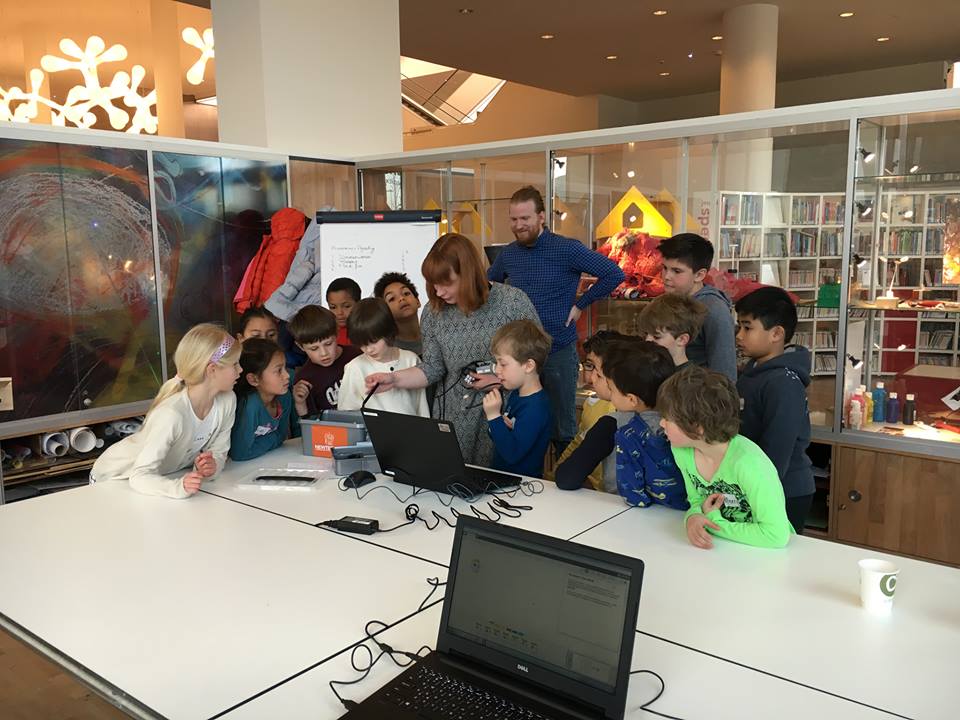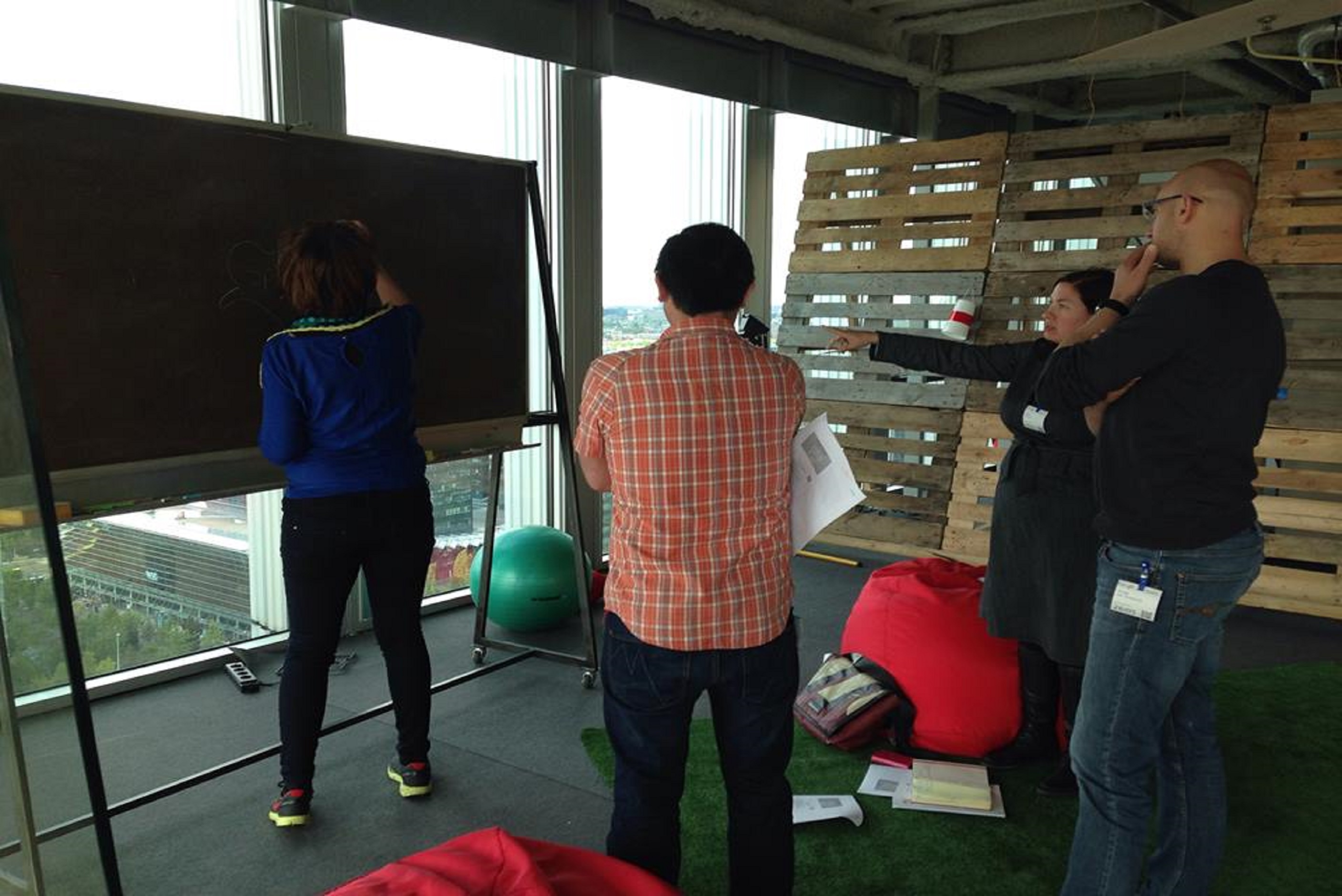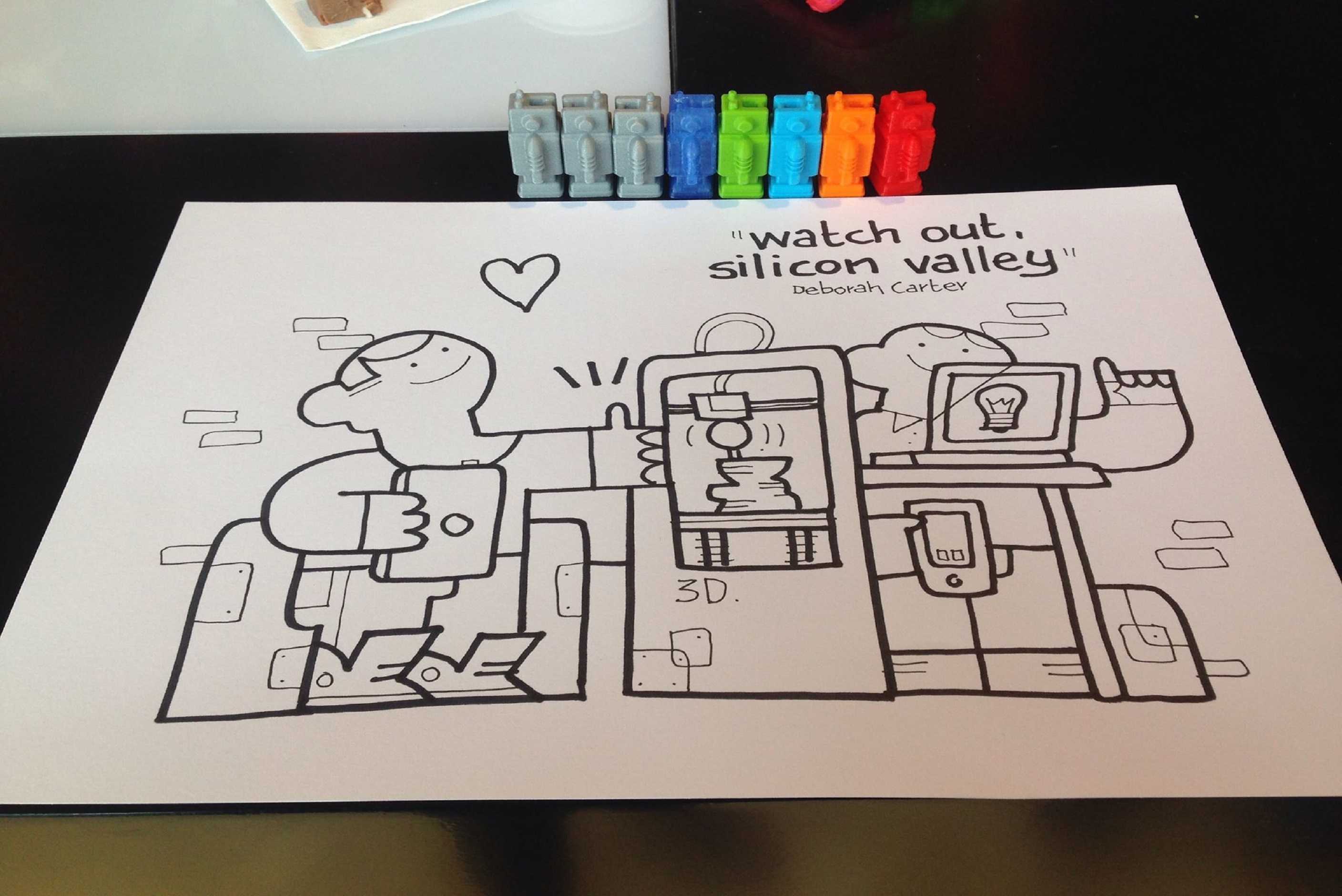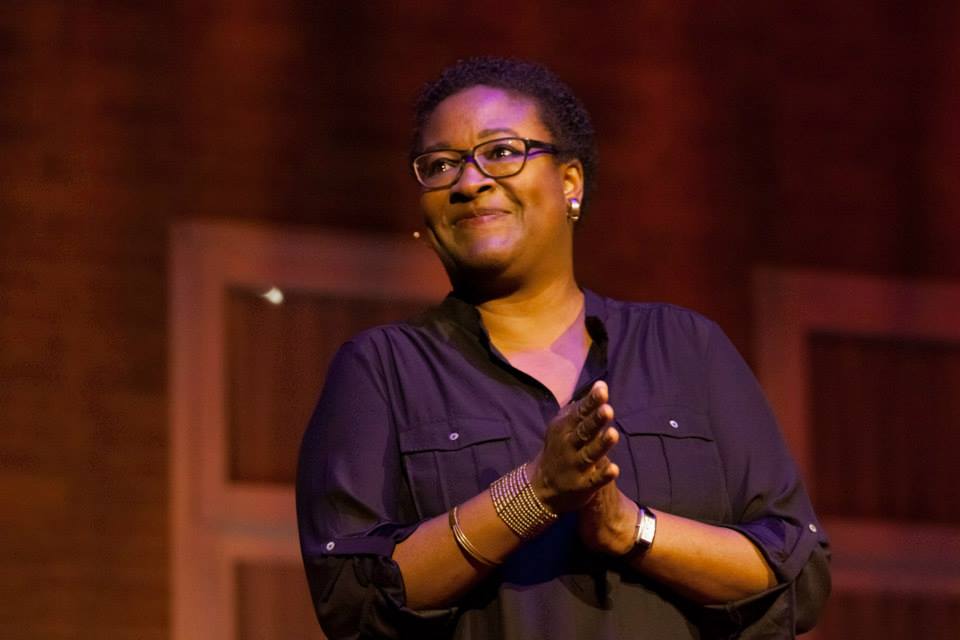On November 19, 2018, NewTechKids hosted a delegation of researchers from the Education departments of University of Helsinki, University of Turku and University of Tampere here in the Netherlands. During the meetings, we shared our pedagogy, teaching approaches and concept scaffolding strategies related to introducing technological innovation, computer science and programming to young primary school students. We also discussed potential research collaboration. As part of the visit, the delegation visited an international school where NewTechKids has
Read morecollaboration
Like most technology education academies, NewTechKids struggles to attract equal numbers of girls and boys to our programs. There are a lot of reasons for this. Most of the time, parents don't even present computer science and programming activities as options for their daughters. They conclude that computer science 'isn’t a fit' for their daughters although it's often 'perfect' for their sons. Girls themselves have told us that learning about technology is hard and often
Read moreNewTechKids is pleased to announce that we will be working closely with a bilingual Dutch primary school in Utrecht to integrate computational thinking, computer science and technological literacy into its school curriculum. NewTechKids will teach a 10-week program for students ages five and six at KSU Onder de Bogen, a new school in Utrecht which offers instruction in both Dutch and English. Our program will run from April until June 2017, with weekly lessons. Students
Read moreIn September 2016, NewTechKids will begin teaching a new, after-school club format called the 21st Century Skills Club. Two Clubs will launch in Amsterdam South East and Amsterdam New West. The format was developed by Stichting NewTechKids, a non-profit foundation which develops, tests and improves computer science curriculum, lessons and teaching materials and trains primary school teachers. NewTechKids is teaching the Clubs on behalf of Stichting NewTechKids. The Club will feature weekly, three-hour lessons. During the Club, primary school-aged children will
Read more(Image from"Keith Haring: The Political line" exhibition at Kunsthal Rotterdam) This week, I stepped on stage and gave a presentation which required more out-of-the-box thinking than I've had to do in a while. I was invited by the Rijksmuseum to give a talk at the Hands On! Conference organised by the International Association of Children in Museums. More than 350 participants from museums around the world converged in Amsterdam to learn about the latest trends and see firsthand how innovative museums
Read moreThe great thing about technology and programming education is that it is a relatively new field and ripe for innovation and experimentation. So that’s exactly what NewTechKids did last Thursday when we organized a brainstorming session at Google’s Amsterdam headquarters. We brought together a group of Dutch and international teachers, teacher trainers, curriculum experts, designers, developers, and technology professionals dedicated to expanding technology and programming education in schools. Joe Fletcher, Creative Director at frog design
Read moreOne of the nice things about launching a technology and programming academy is asking for input from different kinds of professionals. In NewTechKids' case, we organised a brainstorm session last week which brought together teachers, international education experts, designers, programmers, city government policy makers, branding specialists, event curators and executives working for technology companies. Our goal: sharing information and ideas on how to get kids and their parents excited about technology and programming education. Here are some of the ideas we shared.
Read moreDeborah Carter, NewTechKids' Co-Founder and Business Director, gave a TED talk at TEDxAmsterdamED in March. Her main point: technology and programming education should start in primary school (aged 4-12 years) in order to give kids 21st century skills (problem-solving, critical thinking, creativity, collaboration) and prepare them for a future full of technology. The world needs thinkers and
Read more
